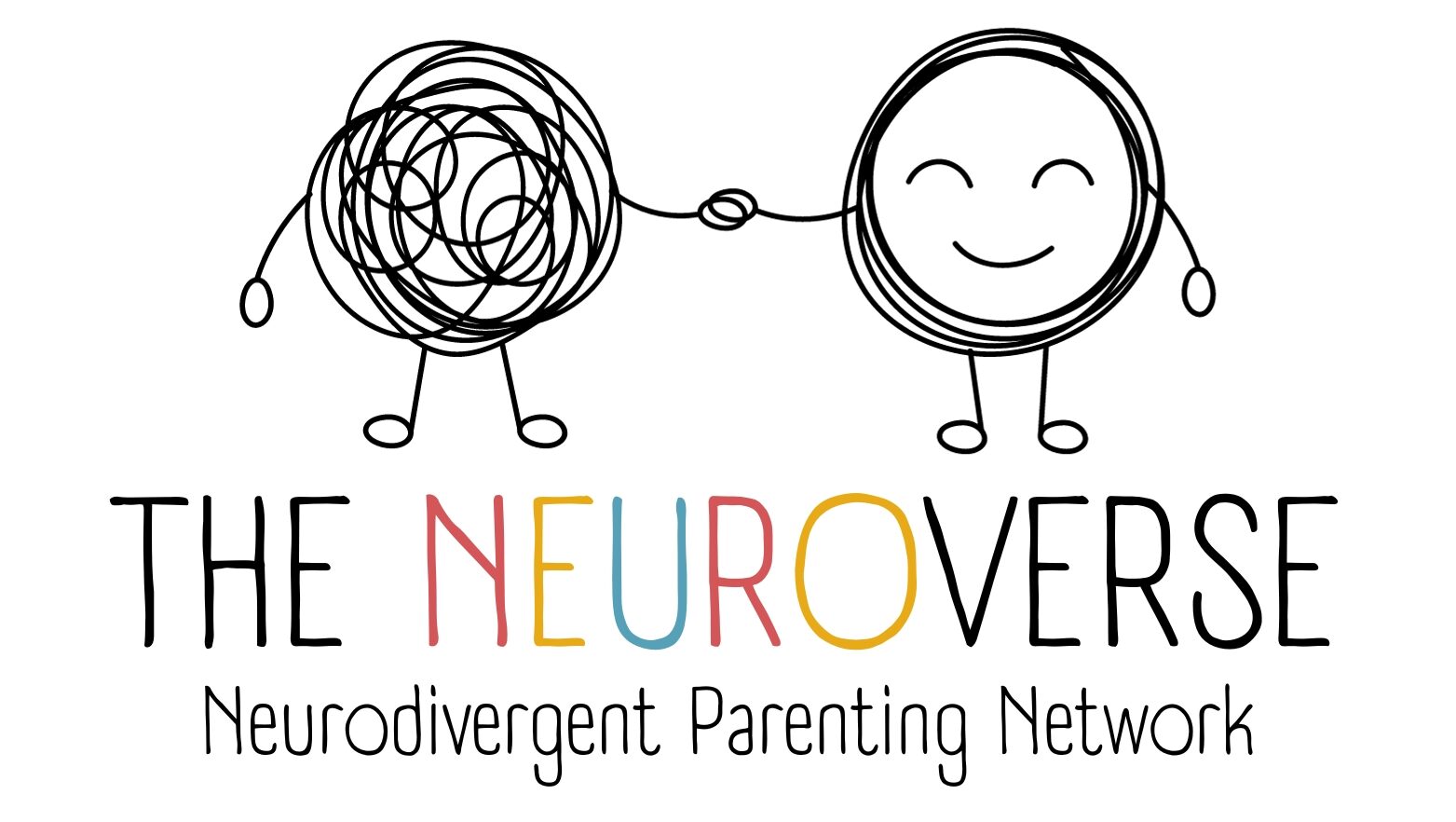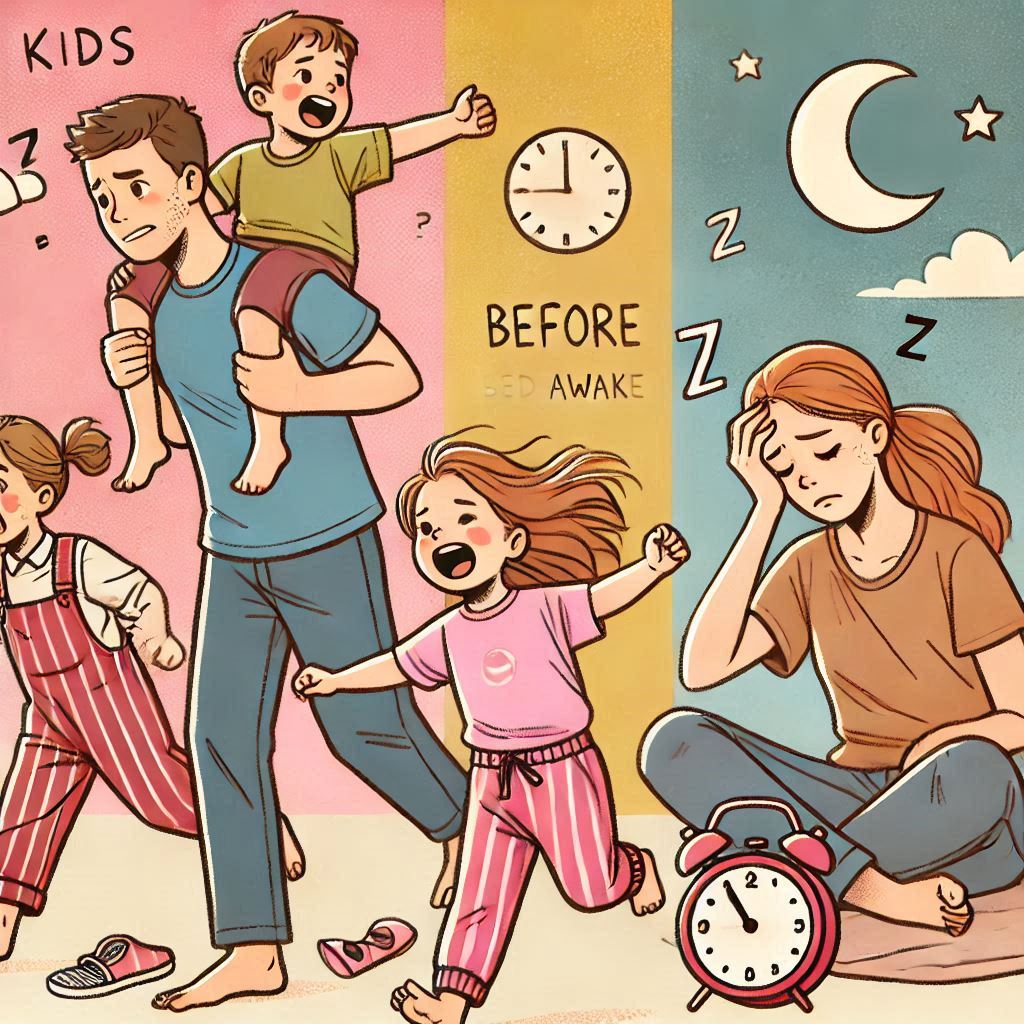Relationship Strain When Raising Neurodivergent Kids

Raising kids with neurodevelopmental conditions like autism or ADHD can be incredibly rewarding, but let’s be real, it can also put a lot of strain on relationships. Families with neurodiverse children account for a significant proportion of households worldwide, and their presence has profound implications for the entire family’s well-being (Noonan, 2020). Here’s a look at how these challenges impact relationships, the stages of potential breakdown, and what you can do to keep your relationship strong.
How Neurodevelopmental Disorders Affect Relationships
- Stress and Emotional Load:
Kids with autism or ADHD need a lot of attention and support, which can be super stressful. Parents often find themselves constantly managing appointments, therapies, and school meetings. This ongoing stress can wear down even the strongest relationships. The emotional toll includes dealing with challenging behaviours, meltdowns, and ensuring their child receives appropriate education and healthcare. This constant vigilance can lead to emotional exhaustion and increased tension between partners (Papadopoulos, 2021).
- Different Ways of Coping:
Everyone deals with stress differently. One parent might dive into research and therapies, while the other might focus on work or hobbies as an escape. These different coping mechanisms can lead to misunderstandings and feelings of isolation. When partners do not communicate effectively about their stress and coping strategies, it can create a rift where each feels unsupported and misunderstood (Papadopoulos, 2021).
- Financial Pressure:
Therapies, special schools, and medical care can get expensive quickly. Financial strain is a common issue in many relationships, and it’s even more pronounced when you’re dealing with the added costs of raising a neurodivergent child. Many parents have to cut back on work hours or leave their jobs entirely to care for their child, further straining the family’s finances (Papadopoulos, 2021).
- Social Isolation:
Parents of neurodivergent children often feel isolated from friends and family who might not understand their situation. Social activities can become limited due to their child’s needs, and some parents feel judged or misunderstood by others. This isolation can lead to a lack of support and increased reliance on each other, which can be stressful if the relationship is already strained (Noonan, 2020).
- Educational and Behavioural Challenges:
Dealing with schools, advocating for their child’s educational needs, and managing behavioural challenges at home can be overwhelming. Parents might have to fight for accommodations and services, adding to their stress. The unpredictability of behavioural outbursts can make everyday activities challenging, requiring constant attention and adaptation (Papadopoulos, 2021).
- Impact on Physical Health:
The physical demands of caring for a child with a neurodevelopmental disorder can be exhausting. Sleep deprivation, physical strain from managing behavioural outbursts, and constant vigilance can lead to chronic fatigue and other health issues for parents (Papadopoulos, 2021). This physical toll further complicates the emotional and psychological strain, creating a cycle of stress that can be hard to break.
- Emotional Toll and Mental Health:
Parents of children with autism or ADHD often report higher levels of anxiety, depression, and overall psychological distress compared to parents of neurotypical children (Papadopoulos, 2021). The constant worry about their child’s future, societal stigma, and the pressure to make the right decisions regarding treatments and interventions can be overwhelming. This heightened emotional burden can create a pervasive sense of helplessness and affect marital satisfaction.
- Feeling Overwhelmed:
Many parents feel overwhelmed by the sheer volume of tasks and responsibilities involved in caring for their neurodivergent child. This can include managing therapies, dealing with healthcare providers, and handling educational needs. When one parent feels they are shouldering more of the burden, it can lead to feelings of resentment and conflict (Papadopoulos, 2021).
Stages of Relationship Breakdown
- Before Diagnosis:
Even before a formal diagnosis is made, the stress of parenting a child who behaves and develops differently can start to take a toll. Parents might notice behavioural complications or developmental delays and feel anxiety and frustration. This stage is often marked by confusion and fear, as parents struggle to understand what might be wrong and how to help their child. The lack of answers and increasing worries can lead to tension and conflict in the relationship.
- Initial Shock:
Getting a diagnosis can be both a huge shock as well as a feeling of immense relief. Regardless, this is a time when you’re both trying to process a lot of information and emotions – guilt, worry, blame and sadness. Communication is key here to support each other through this tough period.
- Taking on More Responsibilities:
As you start to understand your child’s needs, the list of responsibilities grows. This can be overwhelming, and if you’re not on the same page about who does what, it can lead to conflict.
- Growing Apart:
Constant stress and different ways of coping can create emotional distance. You might start feeling like your partner doesn’t understand what you’re going through, or perhaps you blame each other for your child’s difficulties. Obviously, this leads to resentment which breaks down the trust and intimacy you once shared.
- Increased Conflict:
Misunderstandings and unresolved issues can turn into frequent arguments. If not addressed, this stage can lead to a total disconnect.
- Considering Separation:
When the stress and conflict become too much, some couples start thinking about separation. Recognising this stage early and getting help can prevent this outcome.
Keeping Your Relationship Strong
- Talk to Each Other:
Make time for regular, honest conversations. Share your feelings and listen to each other without judgment. Understanding each other’s perspectives can build empathy and strengthen your bond.
- Get Professional Help:
Therapists and counsellors who specialise in families with neurodivergent kids can offer valuable strategies to manage stress and improve communication. Family therapy can help address specific challenges.
- Build a Support Network:
Lean on friends, family, and other parents who are going through similar experiences. Support groups can be a great way to share tips and reduce feelings of isolation (Strohm, 2008).
- Make Time for Self-Care and Each Other:
Don’t forget to take care of yourself and your relationship. Schedule date nights or short getaways to reconnect as a couple. Regular breaks can help you both recharge and maintain a healthy relationship.
- Share the Load:
Divvy up responsibilities so neither of you feels overwhelmed. Recognise and appreciate each other’s efforts. Teamwork can prevent burnout and reduce resentment (Koplewicz, 2023).
- Plan:
Financial planning is crucial. Get advice from financial planners who understand the costs associated with raising a neurodivergent child. Setting realistic goals can provide a sense of control and stability (Papadopoulos, 2021).
Conclusion
Raising a child with neurodivergence can challenge any relationship, however with open communication, professional support, a solid support network, and shared responsibilities, you can navigate these challenges together. By taking proactive steps, you can help to create the stable and loving environment you desire for your child and maintain the strong relationship that you originally shared.
References
Noonan, E. (2020). The often-ignored psychological impact on siblings and other family members of neurodiverse children. News Patrolling. Retrieved from [https://newspatrolling.com/the-often-ignored-psychological-impact-on-siblings-and-other-family-members-of-neurodiverse-children/](https://newspatrolling.com/the-often-ignored-psychological-impact-on-siblings-and-other-family-members-of-neurodiverse-children/)
Papadopoulos, D. (2021). Mothers’ experiences and challenges raising a child with Autism Spectrum Disorder: A qualitative study. *Brain Sciences*, 11(3), 309. Retrieved from [https://doi.org/10.3390/brainsci11030309](https://doi.org/10.3390/brainsci11030309)
Strohm, K. (2008). Siblings: Brothers and sisters of children with special needs. *Jessica Kingsley Publishers*.
Koplewicz, H. S. (2023). Protect your marriage: How to keep stress over psychiatric problems from driving you apart. Retrieved from [https://childmind.org/article/protect-your-marriage/](https://childmind.org/article/protect-your-marriage/)



Evеryone loves it when people get together
and share ideas. Great blog, keep it up!